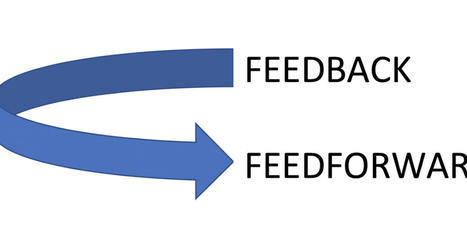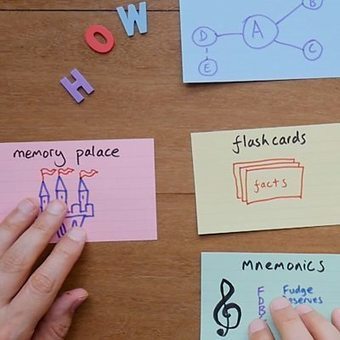Most of the frustration experienced by learners is poor, slow or inadequate feedback; the embarrassment of being asked questions in a classroom in front of others, even one-to-one by a human tutor, the fear of asking questions in a classroom or in a Zoom session, as you’d feel stupid, the lack of opportunity to ask for clarification or ask questions in a Zoom lesson, classroom or lecture, the email reply that takes days to come back, that solitary mark A-D and brief comment on a piece of work or general and non-specific comments like ‘needs more clarification’.
Research and publish the best content.
Get Started for FREE
Sign up with Facebook Sign up with X
I don't have a Facebook or a X account
Already have an account: Login
Literacy in a digital education world and peripheral issues.
Curated by
Elizabeth E Charles
 Your new post is loading... Your new post is loading...
 Your new post is loading... Your new post is loading...
|

Mónica Antequera's curator insight,
November 9, 2017 12:30 PM
Características del Feedback Efectivo en Educación
|














